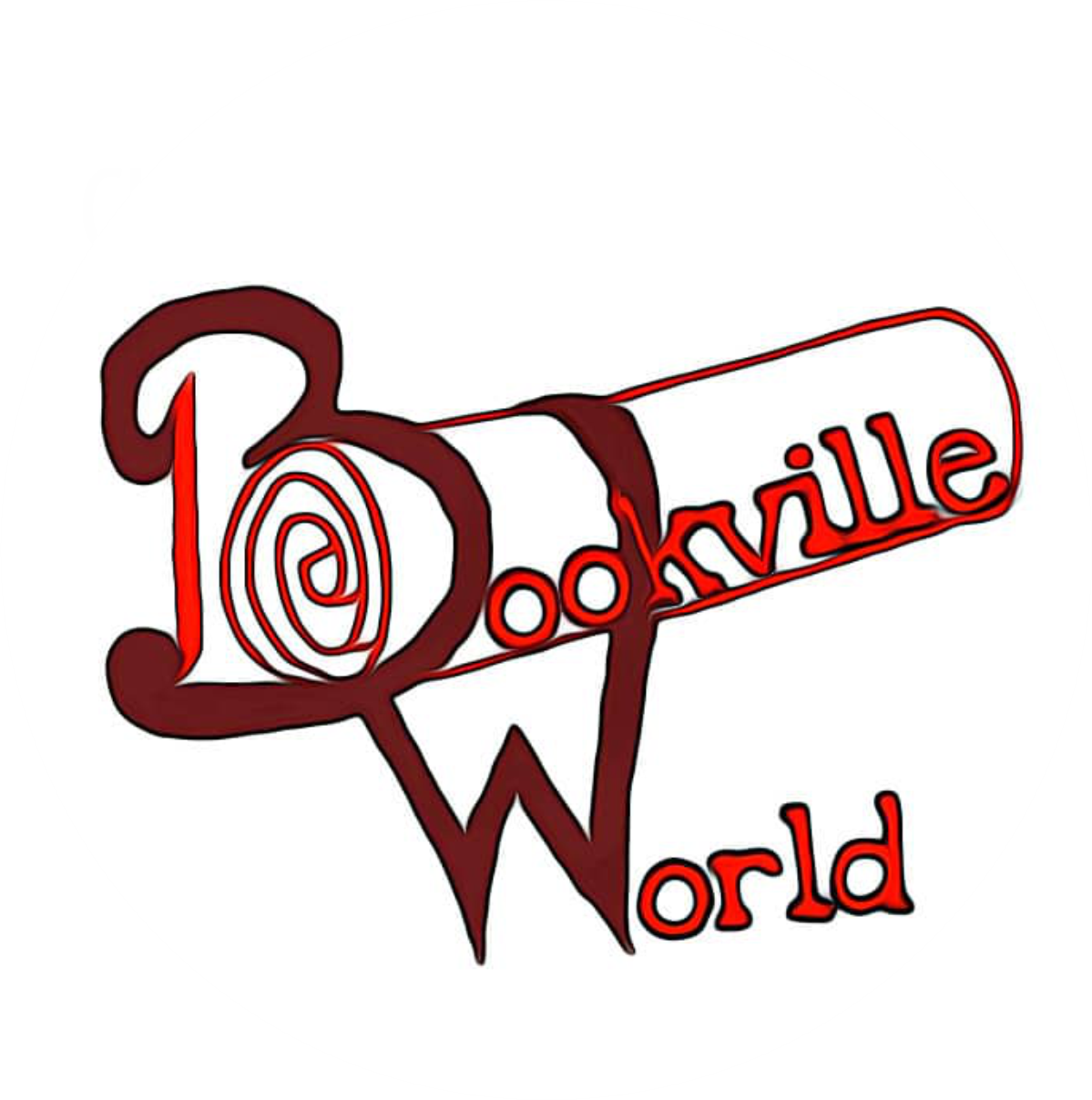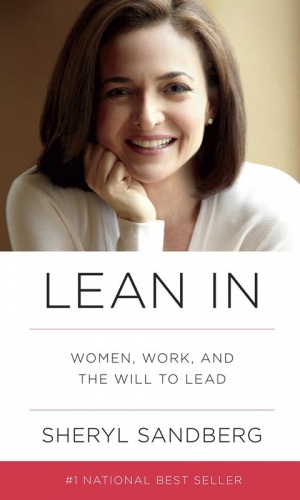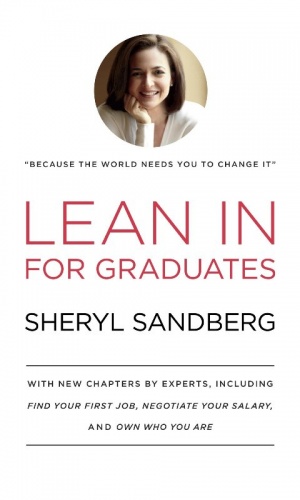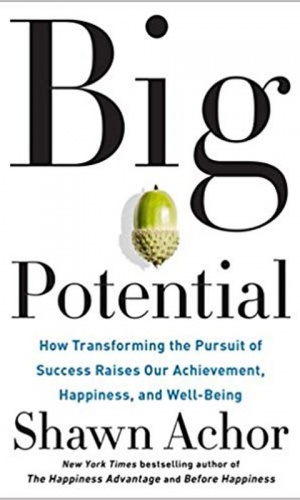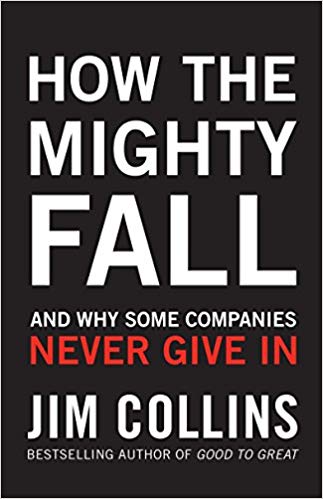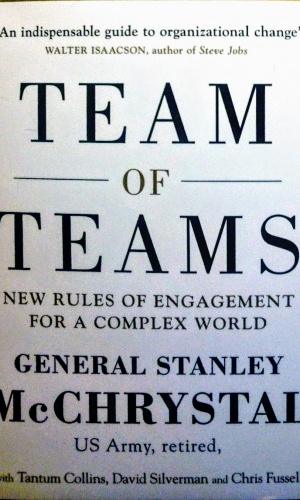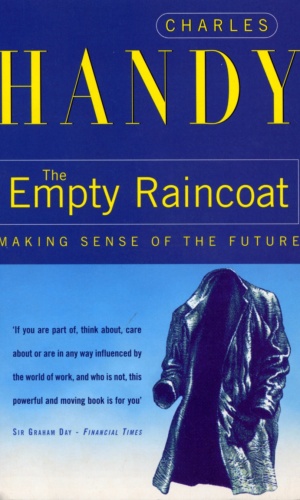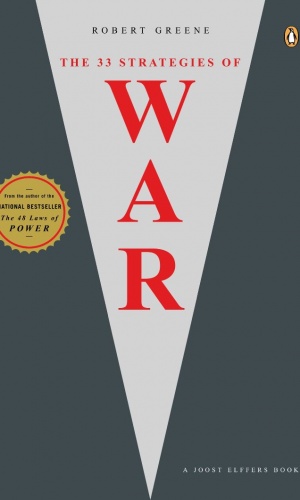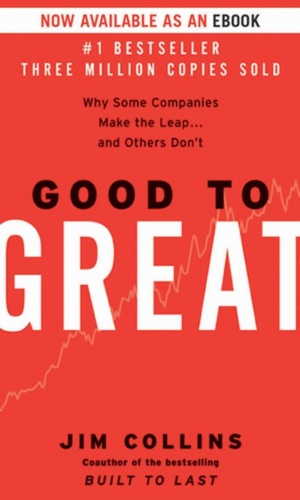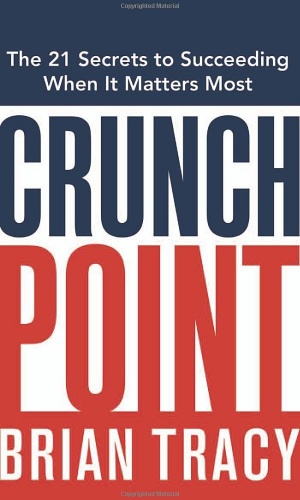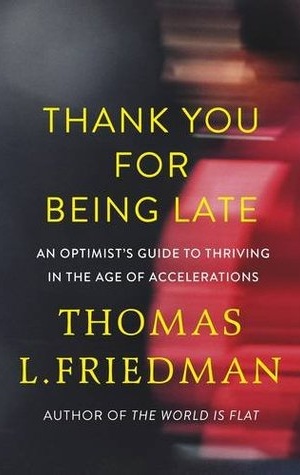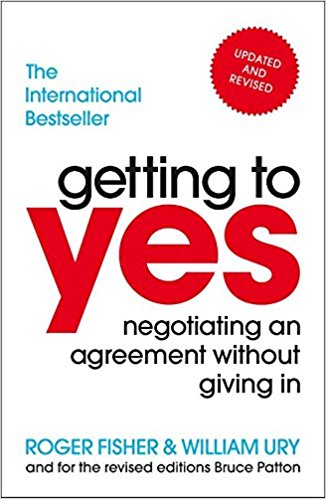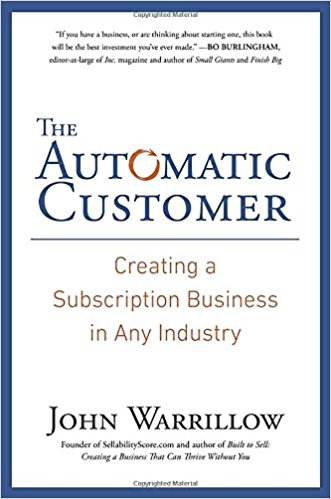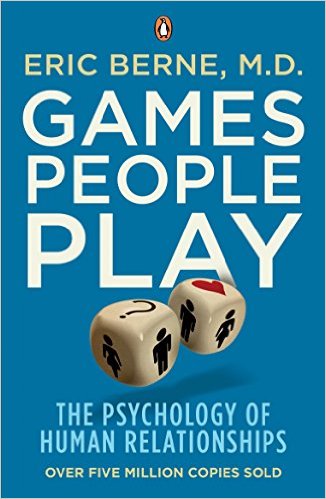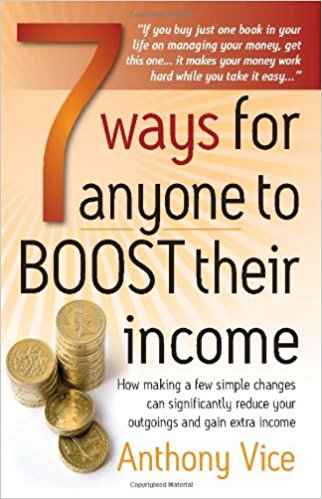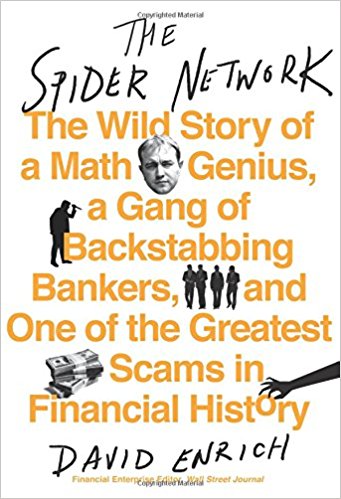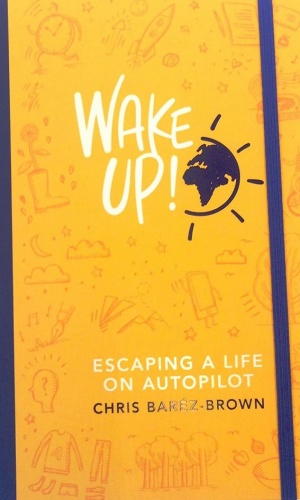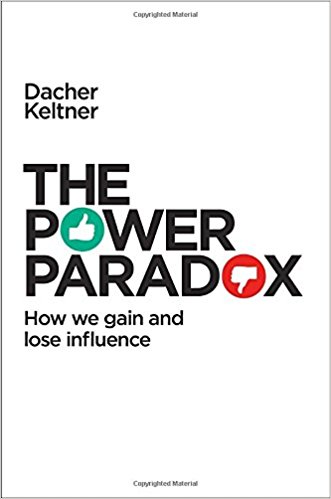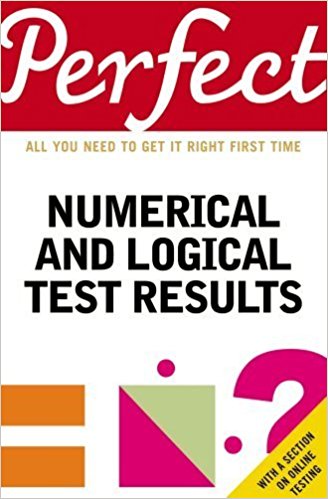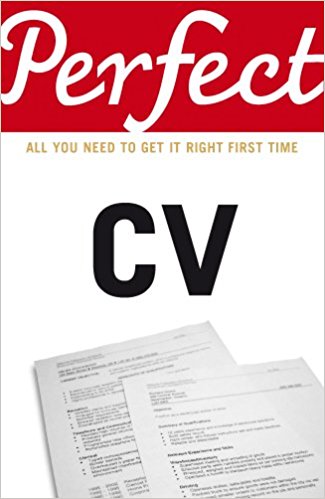-
Lean In
In Lean In, Sheryl Sandberg reignited the conversation around women in the workplace.
Sandberg is chief operating officer of Facebook and coauthor of Option B with Adam Grant. In 2010, she gave an electrifying TED talk in which she described how women unintentionally hold themselves back in their careers. Her talk, which has been viewed more than six million times, encouraged women to “sit at the table,” seek challenges, take risks, and pursue their goals with gusto.
₦8,700 -
Lean In for Graduates
Now, this enhanced edition provides the entire text of the original book updated with more recent statistics and features a passionate letter from Sandberg encouraging graduates to find and commit to work they love.
₦8,200 -
Big Potential
Small Potential is the limited success we can attain alone. BIG Potential is what we can achieve together. Here, Achor offers five strategies – the SEEDS of Big Potential–for lifting the ceiling on what we can achieve while returning happiness and meaning to our lives.
₦6,350 -
How the Mighty Fall
In How the Mighty Fall, Collins confronts these questions, offering leaders the well-founded hope that they can learn how to stave off decline and, if they find themselves falling, reverse their course. Collins’ research project—more than four years in duration—uncovered five step-wise stages of decline:
Stage 1: Hubris Born of Success
Stage 2: Undisciplined Pursuit of More
Stage 3: Denial of Risk and Peril
Stage 4: Grasping for Salvation
Stage 5: Capitulation to Irrelevance or Death
By understanding these stages of decline, leaders can substantially reduce their chances of falling all the way to the bottom. Great companies can stumble, badly, and recover.₦8,200 -
Team Of Teams
What if you could combine the agility, adaptability, and cohesion of a small team with the power and resources of a giant organization?
₦7,900 -
The Empty Raincoat
In this extraordinary, life-affirming book, Charles Handy reaches for a philosophy beyond the impersonal mechanics of business organizations, and beyond material choices
₦2,700 -
The 33 Strategies Of War – Hard Cover
Robert Greene?s groundbreaking guides, The 48 Laws of Power, The Art of Seduction, and Mastery, espouse profound, timeless lessons from the events of history to help readers vanquish an enemy, ensnare an unsuspecting victim, or become the greatest in your field. In The 33 Strategies of War, Greene has crafted an important addition to this ruthless and unique series.
₦37,200 -
Free
“Chris Anderson’s Free unpacks a paradox of the online marketplace–people making money charging nothing. What was once just a marketing gimmick has morphed into the basis of a trillion-dollar economy.”
₦2,550 -
Daring Greatly
Researcher and thought leader Dr. Bren? Brown offers a powerful new vision that encourages us to dare greatly: to embrace vulnerability and imperfection, to live wholeheartedly, and to courageously engage in our lives.
₦7,100 -
Good To Great
To find the keys to greatness, Collins’s 21-person research team read and coded 6,000 articles, generated more than 2,000 pages of interview transcripts and created 384 megabytes of computer data in a five-year project. The findings will surprise many readers and, quite frankly, upset others.
₦3,800₦4,350 -
Crunch Point
“In business and in life, things seldom go exactly as planned. You’ve probably figured out how to navigate around the little bumps, but what about full-blown crises, the kind with the potential to derail a company or send your personal life spinning out of control?
₦3,120 -
Perfect Interview
An essential guide for any job hunter, this compendium explains the interview process, provides tips on how to emphasize your personal attributes, and enables the reader to practice with home-based scenarios. Also included are handy checklists covering all aspects of preparation.
₦3,750 -
Nasty galaxy
Highly graphic and visual, filled with illustrations, photos and short essays, Nasty Galaxy is part scrapbook, part inspo-journey, with moments of frivolity scattered throughout.
₦7,500 -
Thank you for being late
In his most ambitious work to date, Thomas L. Friedman shows that we have entered an age of dizzying acceleration–and explains how to live in it. Due to an exponential increase in computing power, climbers atop Mount Everest enjoy excellent cell-phone service and self-driving cars are taking to the roads.
₦7,400 -
Getting to yes
Getting to Yes has been in print for over thirty years, and in that time has helped millions of people secure win-win agreements both at work and in their private lives.
₦4,900 -
The automatic customer
These days virtually anything you need can be purchased through a subscription, with more convenience than ever before. Far beyond Spotify, Netflix, and New York Times subscriptions, you can sign up for weekly or monthly supplies of everything from groceries (AmazonFresh) to cosmetics (Birchbox) to razor blades (Dollar Shave Club).
₦4,350 -
Games people play
The bestselling Games People Play is the book that has helped millions of people understand the dynamics of relationships, by psychiatrist Eric Berne.
We all play games. In every encounter with other people we are doing so. The nature of these games depends both on the situation and on who we meet.
₦4,050 -
7 Ways for anyone to boost their income
Did you know that:- One out of every three people who have a mortgage may be paying too much interest.- More than 5 million people are reckoned to be paying the wrong amount of tax.- Over 6 million people may be paying too much insurance, often because they buy the wrong type of policy.
₦2,250 -
The spider network
In 2006, an oddball group of bankers, traders and brokers from some of the world?s largest financial institutions made a startling realization: Libor?the London interbank offered rate, which determines the interest rates on trillions in loans worldwide?was set daily by a small group of easily manipulated functionaries, and that they could reap huge profits by nudging it to suit their trading portfolios.
₦5,950 -
Wake up
We all know the feeling of driving a long distance and arriving at our destination with little memory of the journey. That’s because when we are doing routine activities our subconscious takes over to save energy: we are on autopilot.
₦4,350 -
The power paradox
Power is ubiquitous?but totally misunderstood. Turning conventional wisdom on its head, Dr. Dacher Keltner presents the very idea of power in a whole new light, demonstrating not just how it is a force for good in the world, but how?via compassion and selflessness?it is attainable for each and every one of us.
₦5,300 -
Perfect Psychometrics Test Results
Perfect Psychometric Test Results is an invaluable guide for anyone who wants to secure their ideal job. Written by a team from Kenexa, one of the UK’s leading compilers of psychometric tests, it explains how each test works, gives helpful pointers on how to get ready, and provides professionally constructed sample questions for you to try out at home.
₦3,750 -
Perfect CV
Bestselling Perfect CV is essential reading for anyone who’s applying for jobs. Written by a leading HR professional with years of experience, it explains what recruiters are looking for, gives practical advice about how to show yourself in your best light, and provides real-life examples to help you improve your CV.
₦3,750
